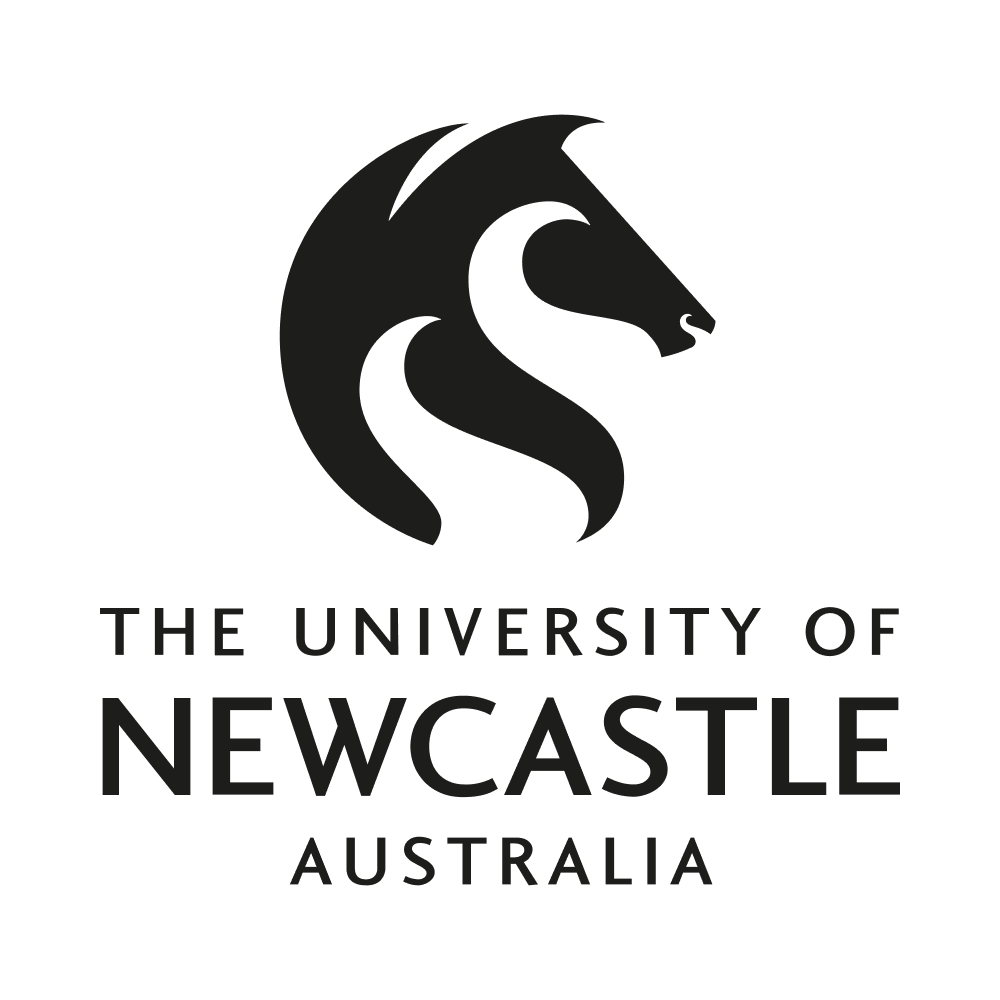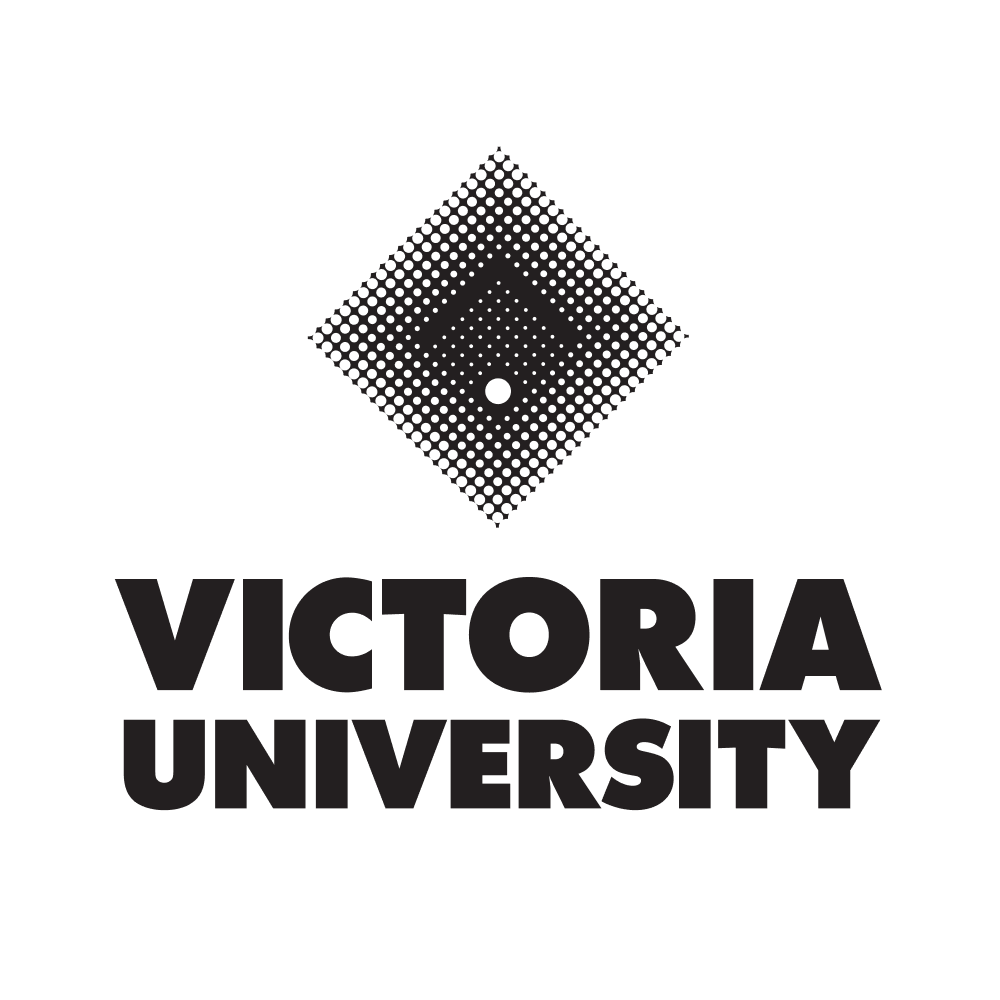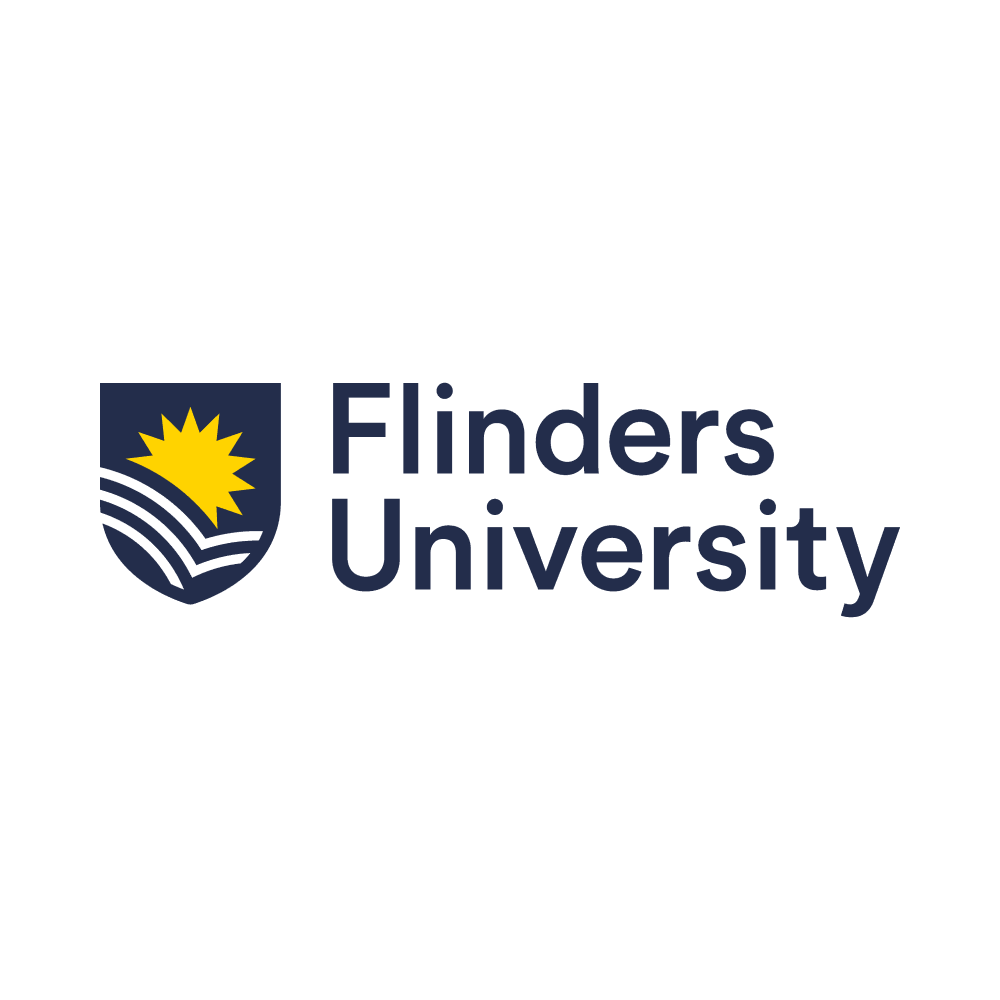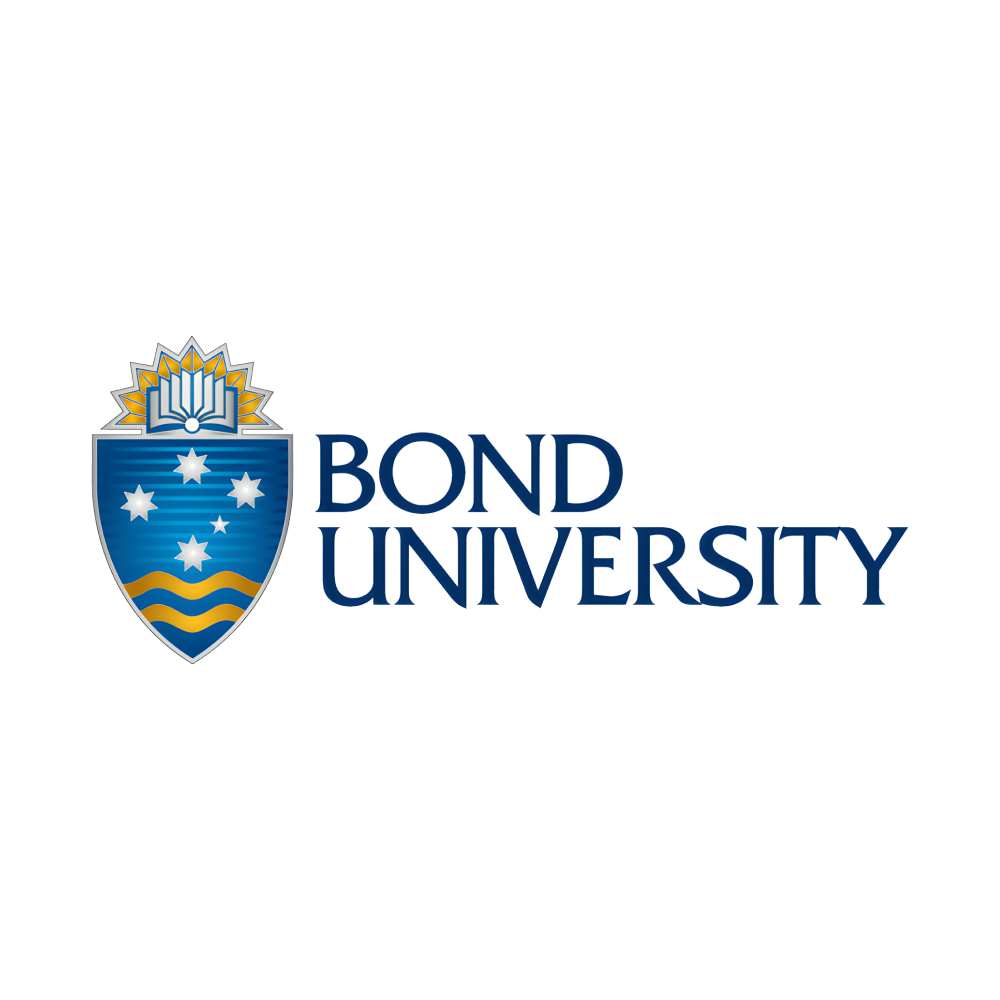
Whether you’re interested in corporate finance, accounting or business decision-making, discover how an MBA can open doors to lucrative finance careers and enhance your professional credentials. Let us guide you through the diverse range of MBA finance programs available to help you find the right one for you.
Amplify your finance career with an MBA in finance
According to Jobs and Skills Australia, the financial and insurance services industry grew over the last two decades to November 2024. With the median industry earnings already at $1,900 per week, now is a great time to consider studying for an MBA with a focus on finance.
The MBA programs offered by Australian universities can help deepen your understanding of financial concepts and practices while acquiring essential business skills. This combination of business and finance skills will help you become a well-rounded professional capable of tackling complex financial challenges within a business environment.
Choosing an MBA with finance units: Australian universities
MBA programs are designed to equip you with advanced knowledge of various business areas, including finance. You can usually find core or elective units focusing on finance in an MBA.
Your financial acumen can be improved vastly in plenty of ways when you study these units. They can help you learn how to identify the effect of a business’s financial decisions on value and the wider financial environment, analyse capital investments using capital budgeting methods or utilise financial information for effective business analysis. You can also be exposed to theoretical frameworks to evaluate business strategies, financial data and growth in complex decision-making.
For example, the Financial and Management Accounting unit from the University of Newcastle's Master of Business Administration and Master of Applied Finance introduces financial and management accounting concepts to non-accountants. You can learn how accounting and financial information can be used in decision-making to achieve business goals.
The online Master of Business Administration (Finance) program from Victoria University features the Financial Analysis unit, where you can learn how to examine financial data, financial statements and business strategies. Some topics covered in this unit include merger and acquisition analysis, security analysis and credit analysis.
Below are a few MBA programs from Australian universities that offer finance units.


This combined degree program allows students to undertake studies in the more general business disciplines of the Master of Business Administration (MBA) while also studying the specific Applied Finance courses of the Master of Applied Finance. The MBA program is designed to provide students with a range of analytical, strategic, and leadership skills that will prepare them for increasingly competitive careers in business management in the corporate and public sectors.
The program offers a grounding in fundamental business areas such as accounting, finance, organisational behaviour, economics, marketing and management. Analytic and problem-solving skills are emphasised through an applied understanding of the theoretical framework within which today’s managers must operate, as well as the acquisition of practical skills in teamwork, writing, presentation and time management. The ability to cope with rapid organisational and technological change is developed through an understanding of organisational behaviour, information systems and organisational change and development.
The Master of Applied Finance provides graduates from diverse undergraduate disciplines with training and analytical skills in finance. Students will gain core financial management skills, an understanding of Australian and international financial markets, knowledge of derivative assets and markets, analytical skills for interpreting and analysing developments in finance practice, and applied knowledge of various specialised aspects of the finance industry.


VU Online's MBA (Finance) isn’t just about numbers. It’s also about gaining the financial knowledge to drive corporate strategies and engaging in discussions resulting in optimal business decision-making.
Across 12 specialist units of study, you’ll develop the strategic, analytical and financial skills demanded of today’s senior business leader. You’ll also network with a community of like-minded peers via VU Online's intuitive and immersive online learning environment.


The Master of Business Administration (Finance) provides a comprehensive foundation in core business principles with a specialisation in finance. This course is designed to prepare leaders to learn the latest concepts which can be applied to finance roles immediately.
You will learn how to take advantage of technology to better manage a company’s accounts and capital as well as make critical investments and business decisions. This MBA course has industry engagement embedded, with a total of up to 36 weeks of experience available through Work Integrated Learning and industry programs.
The course is designed to provide a strong foundation of business knowledge, skills and attitudes to support ethical, global business management of organisations including private sector business organisations, not-for-profit organisations and public organisations. Through experiential learning techniques, students will develop knowledge and skills to conduct independent research, carry out industry and discipline-related projects, and relate their learning to their individual business experience.


Bond's MBA develops global leaders who think critically, creatively and strategically. The program is founded on three key pillars of innovation, data analytics, and business transformation of which you will gain core functional knowledge and focused expertise with a specially crafted program to deliver you greater flexibility while you study. In combination with the Master of Finance, you will acquire expertise in finance and investments and a firm academic grounding and a hands-on appreciation of the industry, so you are ready to use your new skills from day one.
Classes combine theoretical knowledge in Finance with practical insights delivered through case studies and guest lectures. Team building is encouraged through group projects and communication skills are enhanced through class presentations. The small class sizes in the Master of Finance allow for personalised attention and unparalleled access to Bloomberg terminals at the Bond FinTech Hub.
The program equips students to think critically, communicate professionally, work collaboratively, make ethical and responsible business decisions, and work effectively in a global business context characterised by change and uncertainty. Designed to blend industry-relevant research with practical applications and challenges, the intended learning outcomes are centred on the three pillars of leadership, global business and entrepreneurship, developing graduates who can think critically and strategically in this context.
The program is designed to provide graduates with the core underlying technical skills that inform effective decision making, framed around the development of the interpersonal, cross-cultural and communication skills that are required to lead in the implementation of these decisions.


Unlock the skills required to be highly effective in a contemporary business environment, where the success of an organisation hinges on the adept management of rapid financial changes.
Build a highly valued skill set by accessing insights and economic topics not addressed in conventional business programs. Choose from a range of elective courses to complement your business and finance studies and tailor your Master of Business Administration (Finance) to suit your career path.
Accelerate your finance career by pursuing an MBA
By pursuing an MBA, you'll gain a comprehensive understanding of various topics, including financial management, investment analysis, risk assessment and corporate finance. These topics are vital for navigating the intricate world of finance and will equip you with the skills you need to excel in roles such as financial analyst, investment manager and corporate finance executive.
An MBA opens up a plethora of rewarding finance career options across the breadth of Australia’s financial landscape.
Common MBA FAQs
At StudyNext Australia, we understand you may have lots of questions. Here are some common queries we encounter.
What is the best MBA for finance?
Choosing the best MBA program for a finance career depends on your career aspirations. You might want to learn how to apply financial decision-making, gain a better understanding of cash flow and capital budgeting or apply theoretical finance concepts to business – different programs offer various units and topics that cater to specific areas.
How long does it take to complete an MBA program in finance?
The time it takes to complete an MBA program will depend on the university and your chosen program. It can take anywhere from two years to six years part-time, depending on how much time you can commit to studying for each unit. You can also enjoy the flexibility of an online MBA as you can set a pace and schedule that works for you.
How important is an MBA in corporate finance?
Having an MBA in corporate finance will assist in building your management skills while preparing you for a range of financial roles across the industry. An MBA graduate can also expect a healthy income boost after graduation.
Is an MBA the same as a master’s degree?
While master’s degrees are often pursued by students seeking to enhance their job prospects, MBAs are specifically designed for professionals with substantial industry experience. If you want to strengthen your leadership capabilities and deepen your understanding of business strategies – with a focus on finance – an MBA program with finance-focused units is the ideal choice.
Becoming an MBA student
Taking the next step towards pursuing an MBA can be both exhilarating and nerve-wracking. We understand the range of emotions that come with making this important decision. That’s why we help you navigate the entire process and prepare for success.
Course eligibility
Each university has specific eligibility criteria for its MBA programs with a finance focus. Typically, a bachelor’s degree in a relevant field such as finance, economics or business is required. Some universities may also consider applicants with a different academic background who demonstrate a strong interest or experience in finance. We encourage you to check the details of each course for more information on eligibility requirements.
Credit and recognition of prior learning
If you have academic or professional qualifications in finance or a related field, some universities offer advanced standing or recognition of prior learning (RPL). This means you may be eligible for credits or exemptions for certain finance-focused units or modules, reducing the overall length of your MBA program.
Understanding MBA fees
MBA fees will vary between institutions, and the total price of an MBA is based on the cost of each unit. The cheapest MBA program you can find in Australia is offered by the Victorian Institute of Technology, with a tuition fee of $16,000 for its online MBA. The Melbourne Business School offers the most expensive online MBA, at $90,125. Find out more about online MBA costs from other universities here.
Find the right path forward
If you have long-term career aspirations in the field of finance, a postgraduate qualification like an MBA can help you get where you need to be. Explore a wide variety of MBA courses with finance-focused units offered by top universities in Australia and choose the right program that can improve your career prospects as a finance professional.



















